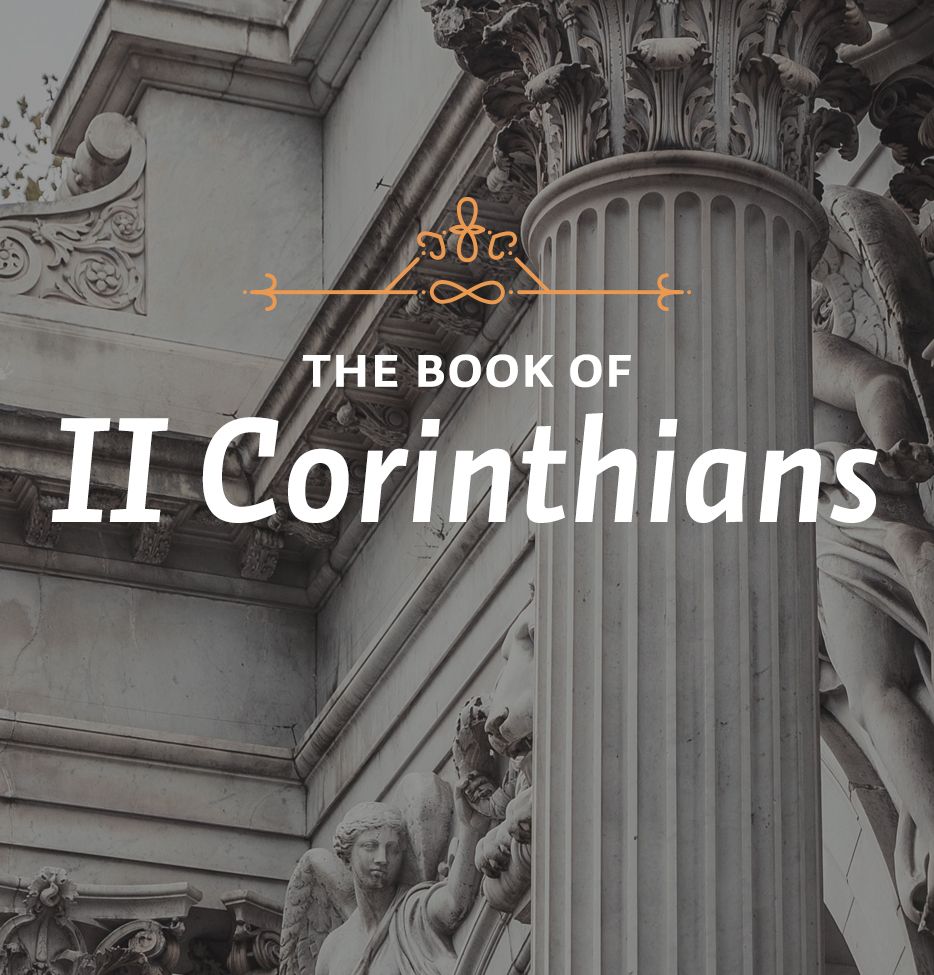There are great passages that talk about the doctrines of assurance and eternal security. There are three key passages. One is the tenth chapter of John’s Gospel where Jesus is speaking. He says there that he holds his people in his hand. He is the Shepherd; he has called them to himself. They have heard his voice; they have come out. Now he holds them in his hand and nobody is going to pluck them out.
Then in the eighth chapter of Romans there is a great passage that speaks of all the things that could possibly separate us from the love of God–height and depth, angels and principalities, things present and things to come. But once that electing love has been fixed upon us, “neither height or depth, nor anything else in all creation, will be able to separate us from the love of God that is in Christ Jesus our Lord” (Rom. 8:39).
The third passage I refer to is Philippians 1:6. In that passage Paul wrote, “… He who began a good work in you will carry it on to completion until the day of Christ Jesus.” Since we are studying 2 Corinthians, written by Paul, it cannot fail to impress us that two of those three texts to which I refer – perhaps the three strongest statements in the Bible of the doctrine of eternal security – were written by Paul.
And yet, this same Paul, who in the eighth chapter of Romans wrote that nothing can separate us from the love of God, nevertheless warns the church to makes its profession of faith in Christ Jesus sure against the sin of presumption. So, just as Scripture, on the one hand, tells us to be certain that we are saved, it tells us, on the other hand, to examine ourselves to make sure that that really is the case.
Jesus told a parable about soils in Matthew 13. There was soil which produced an abundant crop. As the parable also shows, there was soil in which plants did spring up but soon withered because they had no real root. As soon as the sun came out – as soon as there was persecution – the soil was scorched and it did not produce anything of value. Jesus is saying, by means of that parable, that it is possible to make headway in the Christian life. It is possible to sit in a church and become conscious of sin and to have all sorts of spiritual awakenings, and yet still fall away. Paul warned that we need to examine ourselves to make sure that is not the case.
In Matthew 10:22 Jesus said, “he who stands firm to the end will be saved.” He did not mean that if we work hard enough at it, at the very end we might be saved. Rather, he was saying that those of us who are saved will persevere. The proof that we are saved comes out in the fact that we endure. We carry on. We live for Christ to the very end.
The Apostle Peter wrote, “Therefore, my brothers, be all the more eager to make your calling and election sure” (2 Pet. 1:10). That is the same message Paul issued in his second letter to the Corinthians, as well as to the Philippians when he wrote, “continue to work out your salvation with fear and trembling, for it is God who works in you to will and to act according to his good purpose” (Phil. 2:12).
That is what Paul is concerned about. And just as Paul was concerned for the church at Corinth, so he would be concerned about many who sit in the pews of our churches today. He would speak to men and women who have perhaps grown up under the preaching of the Gospel; who perhaps have had the advantage of a Christian upbringing; who perhaps read Christian books, know Christian theology, serve on Christian boards, do Christian things, and yet have never been born again. Paul says, “Examine yourself.” This is important. Of all the issues in life, this is the greatest of all. Examine yourself to make sure you really belong to Jesus Christ.






